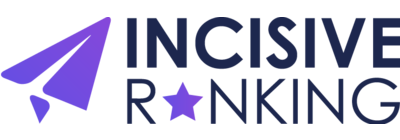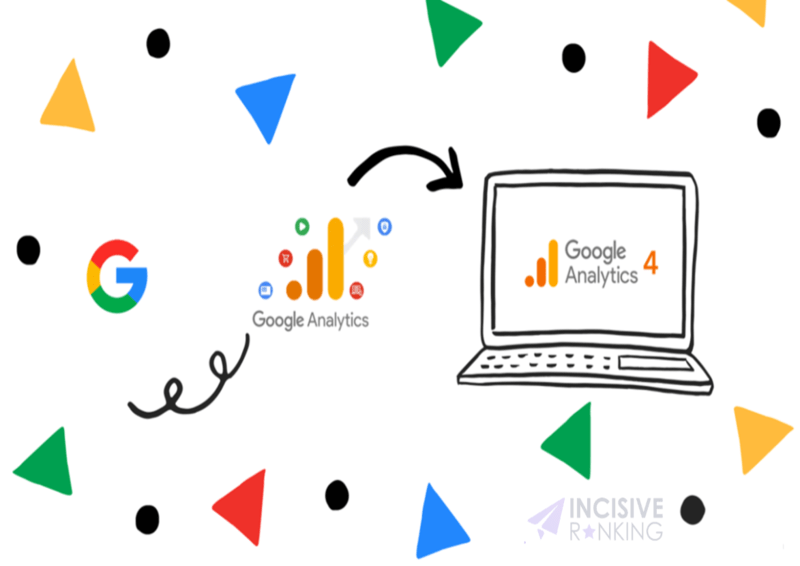No products in the cart.
A client-side tracking website uses a container on the page to transfer measurement data to multiple third-party tracking platforms. This container operates on the user's browser and has a direct connection to your tracking tools' mother server.
Server side tracking bridges the gap between the two by allowing you to develop your tracking server side container. Google Tag Manager server side tagging is hosted on the servers (Like Google Cloud Platform, Stape.io, or your server) and functions as a middleman between your client-side tracking and marketing vendors.
Data is delivered from the browser to the GTM server-side instance and then forwarded to your tracking tools. This allows you to control data from being sent to your tracking tools and save data resources, resulting in a better user experience.
In this blog, I will walk you through the process of configuring Google Tag Manager server side tagging.





